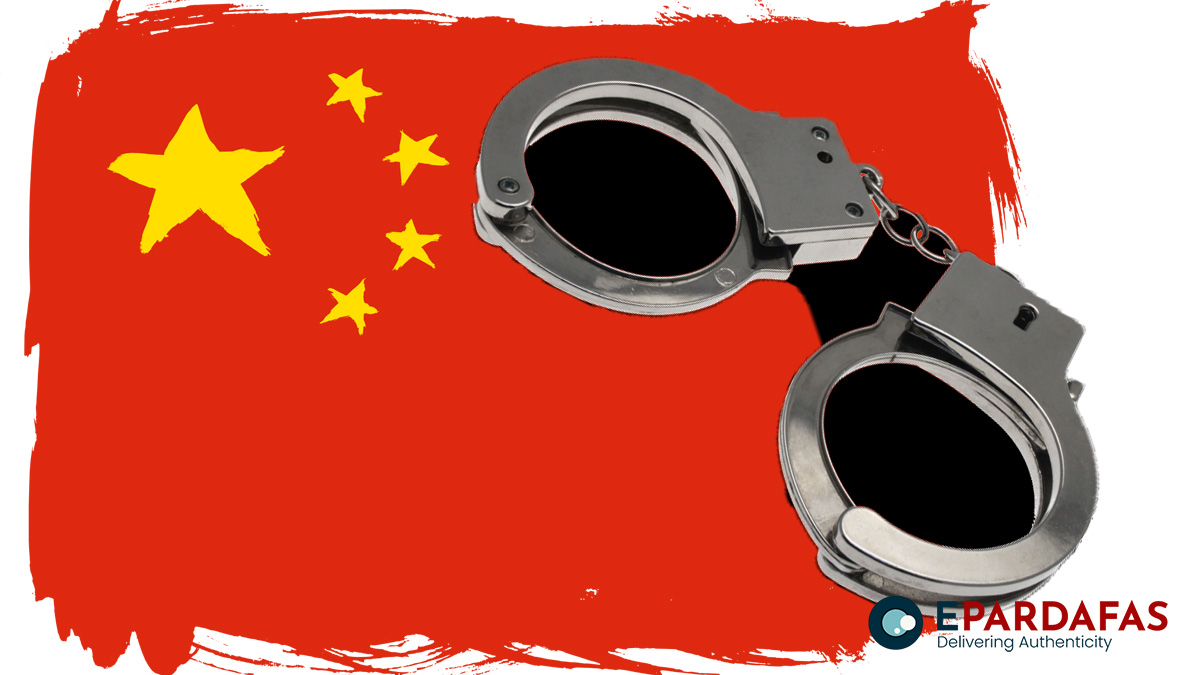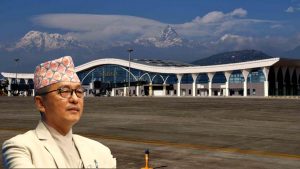
Philippines warns online casinos could be China-linked ‘Trojan horses’
Concerns mount as authorities continue investigations and raids

Philippine authorities are expressing heightened concerns over the potential national security risks posed by Philippine offshore gaming operators (POGOs), which have been under scrutiny due to their links to China. Recent raids have uncovered illicit activities, including illegal employment, kidnapping, and even the presence of a Chinese People’s Liberation Army uniform.
Initially perceived as an economic boon by the Duterte administration, POGOs are now seen as potential “Trojan horses” capable of undermining the country’s financial stability and national security. Defense Minister Gilberto Teodoro Jr. and National Security Advisor Eduardo Ano have both stressed the urgency of cracking down on illegal POGOs.
Despite these concerns, the industry thrived under Duterte with lax regulations, leading to calls for more stringent measures by current officials. President Ferdinand Marcos Jr. faces pressure to address these issues decisively to maintain public trust and national security.
Experts warn that POGOs, given their proximity to military installations, could be leveraged by China for intelligence-gathering. The Chinese Embassy in Manila has denied any state involvement with POGOs and urged the Philippines to ban them to eliminate this “social ill.”
Recent raids by police and a law enforcement coordination agency in Luzon, the largest Philippine island, exposed a web of criminal activity linked to POGOs, including illegal employment, kidnapping and torture. One raid even unearthed a uniform of the Chinese People’s Liberation Army, fueling public outrage and national security fears.
Geopolitical tensions with China, already high due to disputes in the South China Sea, makes the POGO issue more complicated and a sensitive issue for Philippine security officials, who already see it as a “concern” to national security.
Defense Minister Gilberto Teodoro Jr. said in a statement earlier this month that criminal syndicates posing as online casinos “operating out of our base” should be stopped since their activities “weaken our financial standing, our country ratings, [and] corrupt our society.”
National Security Advisor Eduardo Ano also told that “it is not yet a national security threat at the moment, but a national security concern.” He said the POGO issue “must be addressed by appropriate government agencies, local government units and law enforcement units to crack down and close all illegal POGOs in the country.”
POGOs gained ground in the country under the Duterte regime with lax regulations and active issuance of licenses to foreign companies, many of which are registered in the British Virgin Islands and hire Chinese workers. By 2019, concerns about POGOs grew serious enough that the Philippine gambling regulator issued a moratorium on new gaming licenses. As of June, there are 39 licensed operators.
By the time the incumbent President Ferdinand Marcos Jr. was elected in 2022, there were calls to shutter POGO operations. Benjamin Diokno, who was finance secretary till January, publicly called for kicking out the online casinos, saying the “social ills” outweighed the economic benefits. The Philippines reportedly collected 5.1 billion pesos ($86 million) from licensed POGO operations in 2023.
While authorities mention POGOs as concerns at this stage, analysts already see a threat on the horizon.
Dindo Manhit, president of the Manila-based think tank Stratbase ADR Institute, believes they should be branded as a threat. “The operations of POGOs have been linked to various illicit activities, including money laundering and human trafficking, which undermine the rule of law and governance in the country,” he told.
Alvin Camba, a faculty affiliate at the Climate Policy Lab at Tufts University, also sees POGOs as a threat because of difficulties to regulate. “The [Philippine] government lacks skills, lacks knowhow, lacks understanding of how the system works,” he said.
These experts believe that POGO premises could become “Trojan horses” owing to the proximity of these businesses to military installations.
“There is a legitimate concern that China could leverage the presence of POGOs as a Trojan horse to compromise the Philippines’ security framework,” said Manhit. “The proximity of these operations to military bases and the reports of alleged PLA uniforms found are alarming indicators that POGOs could be used for intelligence-gathering or other covert operations.”
The Philippines’ immigration agency sent 165 Chinese nationals home on May 14. Those deportees came from one raid in March, according to a statement.
Camba said that while it’s “impossible to tell” if those POGO operators are indeed Trojan horses, they could become ones by striking deals with the Chinese government. He cited cases of local Chinese syndicates funding election candidates in New York City.
The Chinese Embassy in Manila said on June 14 that it “firmly opposes” accusations hurled against Beijing’s connections to these gaming operators, citing domestic laws that prohibit all forms of gambling.
“POGO is detrimental to both Philippine and Chinese interests and images as well as China-Philippines relations,” the statement said. It also mentioned that Chinese and Philippine law enforcement agencies could cooperate to crack down on cross-border gambling and telecom fraud. “We appeal to the Philippines to ban POGO at an early date so as to root out this social ill.”
How to deal with the issue of POGOs will likely serve as a litmus test for Marcos’ political credibility.
“Failing to tackle these problems,” Manhit said, “could be seen as a continuation of the previous administration’s leniency, potentially compromising public trust, national security and economic security.”
Camba warranted that POGOs indicate a line that he hasn’t crossed. Since this is perceived as a national issue relating to his “resilience” in the country’s maritime dispute with China, the Philippine leader needs to show “credibility” by not favoring certain groups.
For Anthony Lawrence Borja, an associate professor at De La Salle University in Manila, the presence of the POGOs symbolizes an “unwanted foreign presence” for Filipinos.
“How such sentiments are converted into a perceived importance of foreign affairs rather than mere Sinophobia among ordinary citizens will test the current administration’s policy coherence, and the overall effectiveness of its propaganda and policy machinery in handling such events and convincing naysayers,” he said.
- Former King Gyanendra Extends Condolences Over Pahalgam Terror Attack
- Nepal Firmly Opposes Terrorism in All Forms: Foreign Minister Dr. Arzu Rana Deuba
- Protests Erupt Outside Pakistan Embassy in Kathmandu Following Terror Attack in Kashmir
- Chinese Export Factories Hit Pause Amid Tariff War Fallout, Signaling Deeper Economic Woes












Comments